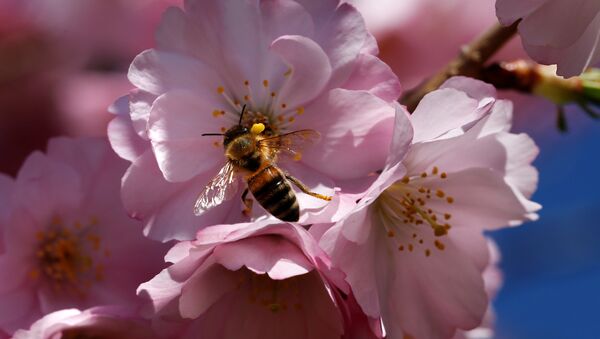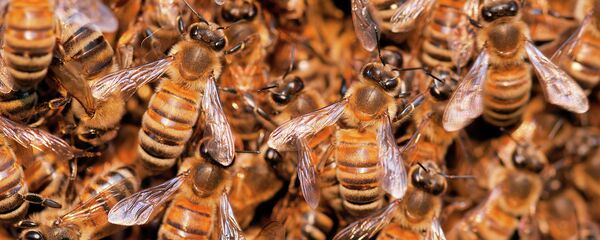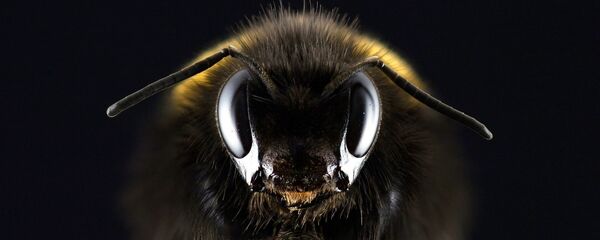Neonicotinoids were once hailed as the future of pesticides. Billed in the 1990s as less harmful than traditional poisons, the lab-created, nicotine-based chemical produced by Bayer Monsanto and Syngenta gets absorbed by plants instead of sitting on the surface, and attacks the central nervous system of insects that land or prey upon them. They quickly became among the most popular pesticides, being applied to all manner of flowering crops, Channel News Asia noted.
However, parallel with the rise in popularity of neonicotinoid pesticides was a rapid dying off of bees and other pollinators. Between 1989 and 2015, the number of French beehives declined by over 30 percent, according to the French Ministry of Agriculture, part of a mass mortality referred to as "colony collapse disorder."
A number of factors were initially fingered for the affliction, including fungi and viruses, but mounting evidence has proven that pesticides, and neonicotinoids in particular, are the major cause.
Accordingly, France has moved to ban five neonicotinoid pesticides beginning September 1, giving France the strictest pesticide laws in the European Union, which has only banned three of the five for agricultural uses.
The bill on biodiversity regrowth, nature and landscapes, passed in July 2016, took 27 months of debate to get through the French Parliament, Journal de l'Environnement reported at the time, noting that environmentalists feared the two-year delay in implementing the pesticide ban was designed to give opponents the chance to water down the restrictions.
A separate but serendipitously published study in the journal Proceedings of the Royal Society B on August 29 describes how bumblebees get addicted to neonicotinoid pesticides, France24 reported.
"At first, it appeared that the bees did avoid the food containing the pesticide," said lead author Andres Arce, a researcher at Imperial College London. "However, as individual bees increasingly experience the treated food, they develop a preference for it."
In other words, in the long run the pesticide doesn't repulse insects: it attracts them, and then it kills them.
"Our findings… tick certain symptoms of addictive behaviour, which is intriguing given the addictive properties of nicotine on humans," lead researcher Richard Gill, also from Imperial, told France 24.
The new law only covers neonicotinoid use in agriculture, though, leaving environmentalists and bee fans concerned about its continued use in non-agricultural pest control, such as in flea collars for pet cats and dogs, or in household fly traps.





